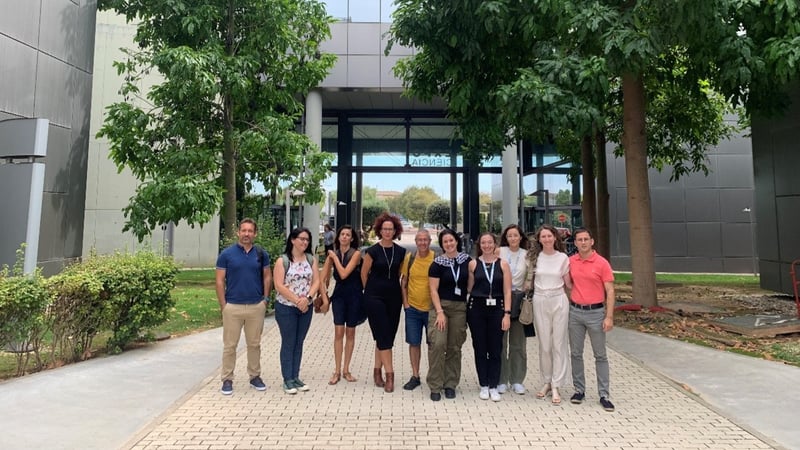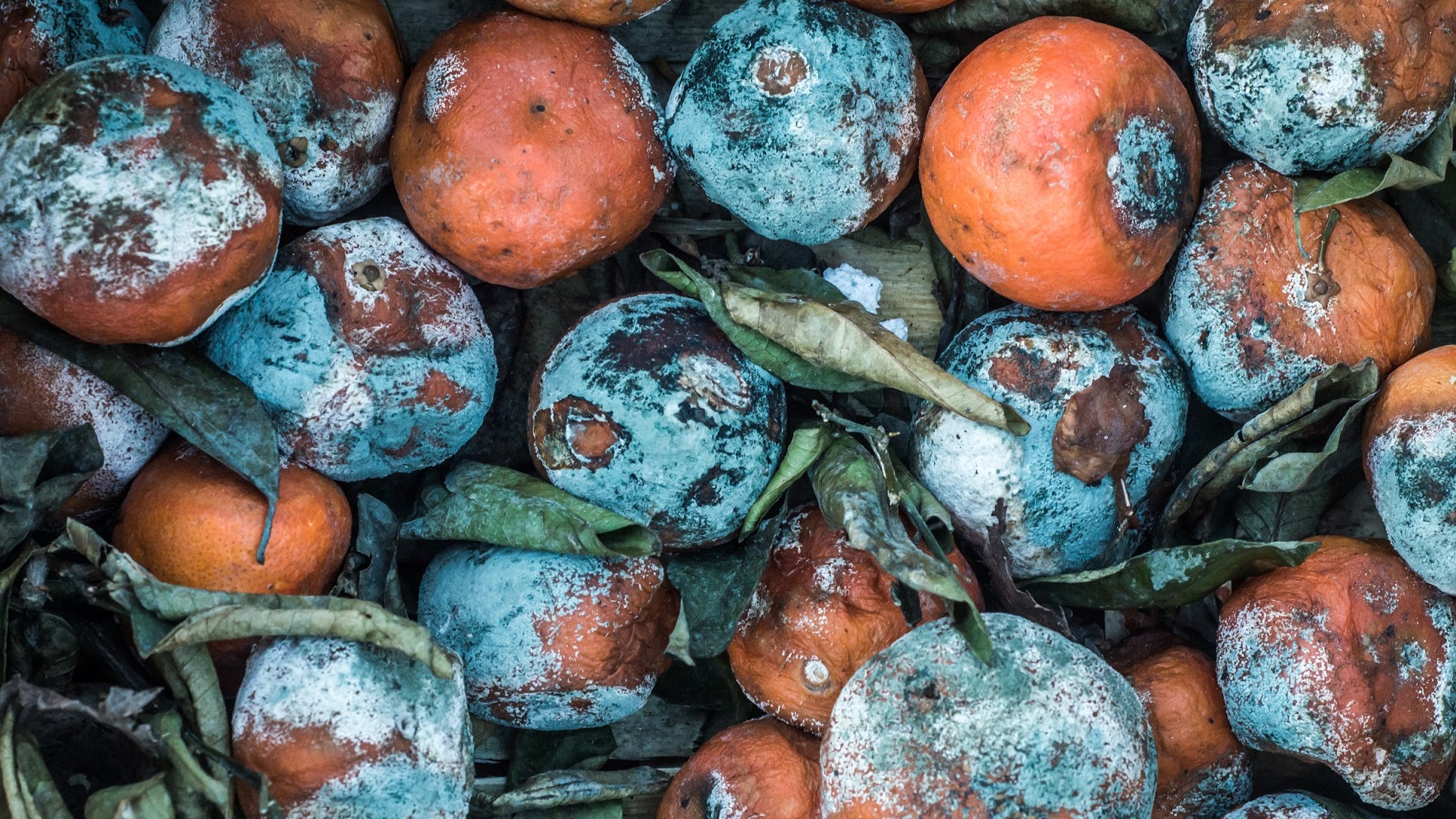The biotechnology company located in the University of Valencia Science Park (PCUV) collaborates with IATA, AINIA and FRUTINTER in the POSTHARVESTLIFE consortium, funded by the Agència Valenciana de la Innovació (AVI), to design new microbial strategies for biocontrol against fungi in citrus postharvest
Within the framework of the Strategic Collaborative Projects, the Valencian Innovation Agency (AVI) has granted funding to the POSTHARVESTLIFE initiative, with a total grant and subsidy of over 747,700 € and 867,950 €, respectively. The consortium is a collaboration between the biotechnology company Darwin Bioprospecting Excellence, the Institute of Agrochemistry and Food Technology (IATA-CSIC), the technology center AINIA and the company FRUTINTER with the aim of developing new biocontrol strategies against pathogens that affect citrus rot.
"These innovative strategies are based on the use of certain microorganisms, isolated from the citrus microbiota itself, which have the unique ability to inhibit the growth of the fungi that cause the aforementioned pathologies," says Kristie Tanner, head of R&D projects at this biotech SME. The development of the project involves in vitro and ex vivo screening of the fungicidal activity of hundreds of strains, and the most promising ones will be tested and validated in vivo. "In order for these microorganisms to be effective and to replace current chemical fungicides, their fungicidal activity will be optimized and they will be appropriately stabilized, maintaining their viability through microencapsulation techniques that ensure and prolong their presence over time," Tanner explains.
"Currently, there are very few registered fungicides effective against G. citri-aurantii, especially since the withdrawal of guazatine from the market in 2011 and propiconazole in 2019. Traditional control treatment has been by synthetic fungicides, with negative impacts on human health and the environment. In addition, there are more and more strains resistant to these fungicides"
Citrus fruits are the fruit and vegetable crop with the highest production in Spain, a sector that leads the Valencian Community at the national level. However, 45% of fruit and vegetable production is lost due to quality defects or rot, a decline that also affects citrus fruits. Penicillium digitatum is one of the main pathogens causing green rot, one of the main diseases affecting citrus in the post-harvest stage, and which could be behind 80% of the cases. Another threat is Galactomyces citri-aurantii (formerly known as Geotrichum candidum) which causes sour rot, a pathology that, although not as serious as green or blue rot, is still critical for citrus, especially in rainy seasons.

Members of the POSTHARVESTLIFE consortium after the meeting held on September 18 at the UV Science Park, where the company coordinating the project, Darwin Bioprospecting Excellence, is located. PHOTO: Darwin.
"Currently, there are very few fungicides registered that are effective against G. citri-aurantii, especially since the withdrawal of guazatine from the market in 2011 and propiconazole in 2019. For both fungi, traditional control treatment has been by synthetic fungicides, which have negative impacts on human health and the environment. In addition, there are more and more strains resistant to these fungicides," the consortium says.
"As a result of the implementation of POSTHARVESTLIFE, we will have a new integrated control system to replace the current chemical fungicides during citrus post-harvest. In addition, it will represent an innovative breakthrough in the treatment not only of citrus, but also of other fruits and vegetables with the same problems"
In a context of growing demand for foods minimally treated with synthetic chemicals, such as herbicides, insecticides or fungicides, more and more legal provisions limit or restrict the use of these chemicals, in line with the European Union's 'Farm to fork' strategy, under the European Green Pact, which sets the challenge of reducing the use of chemical pesticides by 50% by 2030, while aiming to increase organic production with the goal of reaching 25% of total production and, in addition, reducing food waste by 50% across the EU by 2030.
"As a result of the implementation of POSTHARVESTLIFE, we will have a new integrated control system to replace the current chemical fungicides during citrus post-harvest. In addition, research into the use of these natural agents to replace chemical fungicides will represent an innovative advance in the treatment not only of citrus, but also of other fruits and vegetables with the same problems," emphasize the members of the consortium.
With the support of:



